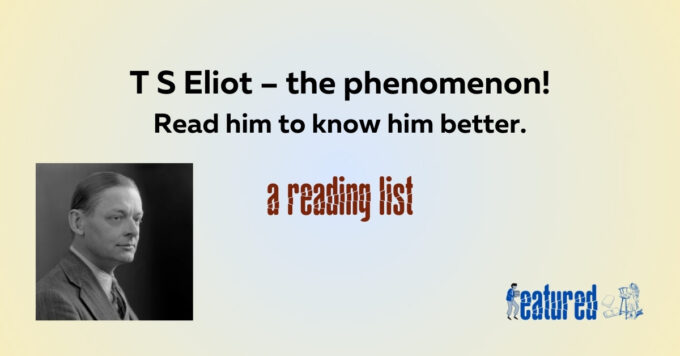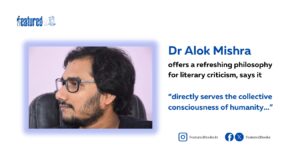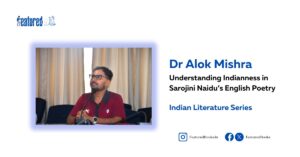The 20th century bore witness to a literary renaissance marked by the emergence of brilliant minds who sought to redefine the boundaries of literature and art. In the midst of this transformative era, T.S. Eliot, or Thomas Stearns Eliot, emerged as a guiding light, illuminating the path for modernist literature. Born on September 26, 1888, in St. Louis, Missouri, Eliot’s life and works spanned two continents, and his literary influence reached far beyond his time.
Eliot was a literary polymath – a poet, a playwright, a literary critic, and an editor. His unique ability to traverse the multifaceted realms of literature and thought allowed him to become a leader of the Modernist movement, redefining poetry, criticism, and drama in the early 20th century. His contributions to literature are immeasurable, and his exploration of themes ranging from disillusionment to the search for meaning in a fragmented world continues to resonate with readers today.
In this journey through the life and works of T.S. Eliot, we will explore the major publications that have solidified his place in the annals of literary history, providing profound insights into the human condition and the complexities of existence. These works are not mere texts; they are gateways to the intricate workings of the human soul and society, inviting readers to embark on a voyage of self-discovery and intellectual exploration.
A General Overview of His Major Publications:
T.S. Eliot’s literary journey is marked by a series of significant publications that not only shaped the course of modernist literature but also continued to inspire and challenge readers. His groundbreaking works include:
- “The Love Song of J. Alfred Prufrock” (1915): It is generally believed by critics and scholars of modern literature that this poem marked the advent of modernism in English literature. It is a reflection on the existential crisis of the modern individual, capturing the alienation and uncertainty of the age.
- “The Waste Land” (1922): Often considered his magnum opus, this epic poem is a complex and fragmented exploration of post-World War I disillusionment and the decline of Western civilisation. It’s a kaleidoscope of voices, cultures, and literary references that demand careful analysis.
- “The Hollow Men” (1925): This poem continues Eliot’s theme of spiritual desolation and is known for the haunting line “This is the way the world ends, not with a bang but a whimper.”
- “Four Quartets” (1943): In these four interconnected poems, Eliot grapples with the search for spiritual enlightenment and the cyclical nature of time. “Little Gidding,” the final quartet, is particularly renowned for its profound meditations.
A List of Best Works by T.S. Eliot:
- “The Love Song of J. Alfred Prufrock”: Eliot’s first significant publication, this poem introduces readers to his distinctive style and themes, characterized by introspection and a sense of cultural disillusionment. It remains an essential read for anyone delving into Eliot’s work.
- “The Waste Land”: This monumental work is a must-read for those interested in the complexities of modernist literature. Its layers of allusions and fragmented structure challenge readers to explore the depths of human experience and societal decay.
- “Four Quartets”: A profound reflection on time, spirituality, and the human condition, this collection of poems offers readers a chance to engage with Eliot’s philosophical insights and lyrical mastery.
Conclusion:
One who reads Eliot can never be in doubt about his magnanimity! His contributions to literature are monumental and enduring, to say the least without sounding a mere yes-sayer! His works not only reshaped the landscape of poetry and literary criticism but also provided a mirror to the fractured society of his time. Through his exploration of alienation, disillusionment, and the search for meaning, Eliot’s writings remain as relevant today as they were in the early 20th century. His legacy as a luminary of modernist literature is secure, and his works continue to inspire and challenge readers to delve deeper into the intricacies of the human experience. To truly understand the evolution of literature in the 20th century and the profound impact of modernism, one must read and engage with the works of T.S. Eliot.
Want a detailed article on Eliot? Read this suggested one for literature students and scholars: T S Eliot (on English Literature Education)
by Sarthak




